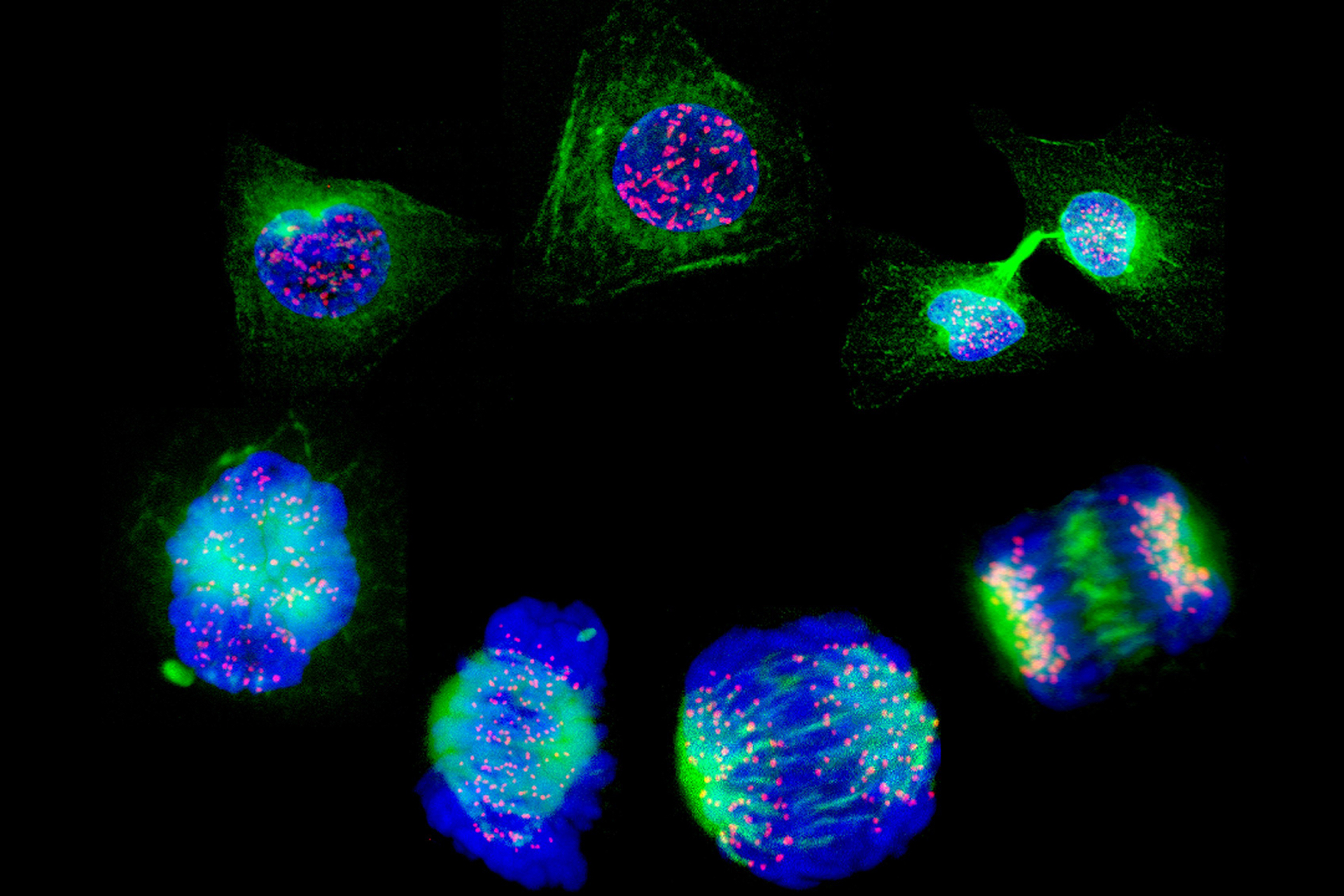Changing the expression of a specific protein can significantly improve the performance of immune-cell-based cancer therapies, according to two separate studies published in Nature.
CAR-T therapy is a form of immunotherapy, where the patient's own immune system is helped to fight cancer. White blood cells called T-cells are taken from the patient's blood and edited to target specific molecules (antigens) present on tumour cells and then reintroduced into the patient's body. Teams of researchers in the USA and Australia independently showed that by increasing the expression of a gene called FOXO1 to produce more FOXO1 protein, the cells became more efficient at targeting cancer cells and survived longer in the body.
'Our research identified a gene called FOXO1 that can be stimulated to enhance CAR T-cell polyfunctionality, metabolic fitness and efficacy against solid tumours… it means the new T-cells can use multiple techniques to kill and destroy the cancer cells, are more effective in killing those cells and last longer in the body in a 'memory state',' said Professor Philip Darcy, from the Peter MacCallum Cancer Centre in Melbourne, and author on the Australian study.
CAR-T cell therapies have demonstrated great efficacy in blood cancers like leukaemia, but maintaining the cells over longer periods of time to destroy solid tumours has been more difficult. Professor Darcy and his colleagues showed that increasing expression of that FOXO1 gives CAR-T cells more stem-cell-like qualities. This resulted in more potent killing of cancer cells in animal models.
Researchers from Children's Hospital of Philadelphia (CHOP), Pennsylvania and Stanford University in California were looking into genes associated with memory T-cells: a type of T-cell that are long-lived. They found that genes associated with this cell type are activated by the FOXO1 protein, and that when CRISPR-based genome editing was used to knock out the FOXO1 gene, these functions were lost. Conversely, CAR-T cells engineered to upregulate FOXO1 expression exhibited activation of memory genes, resulting in enhanced persistence and tumour control.
'These findings may help improve the design of CAR-T cell therapies and potentially benefit a wider range of patients,' said Dr Evan Weber, senior author of the US study. 'We are now collaborating with labs at CHOP to analyse CAR-T cells from patients with exceptional persistence to identify other proteins like FOXO1 that could be leveraged to improve durability and therapeutic efficacy,'
Researchers are hopeful these promising results will lead to designing long-lasting, effective CAR-T therapy for patients with hard-to-treat solid cancers.
Sources and References
-
How to supercharge cancer-fighting cells: give them stem-cell skills
-
CHOP, Stanford researchers identify protein that controls CAR T cell longevity
-
FOXO1 is a master regulator of memory programming in CAR T cells
-
CAR T cell therapies last longer, work better with FOXO1 protein
-
FOXO1 enhances CAR T cell stemness, metabolic fitness and efficacy
-
Researchers discover new way to fight solid cancers






Leave a Reply
You must be logged in to post a comment.